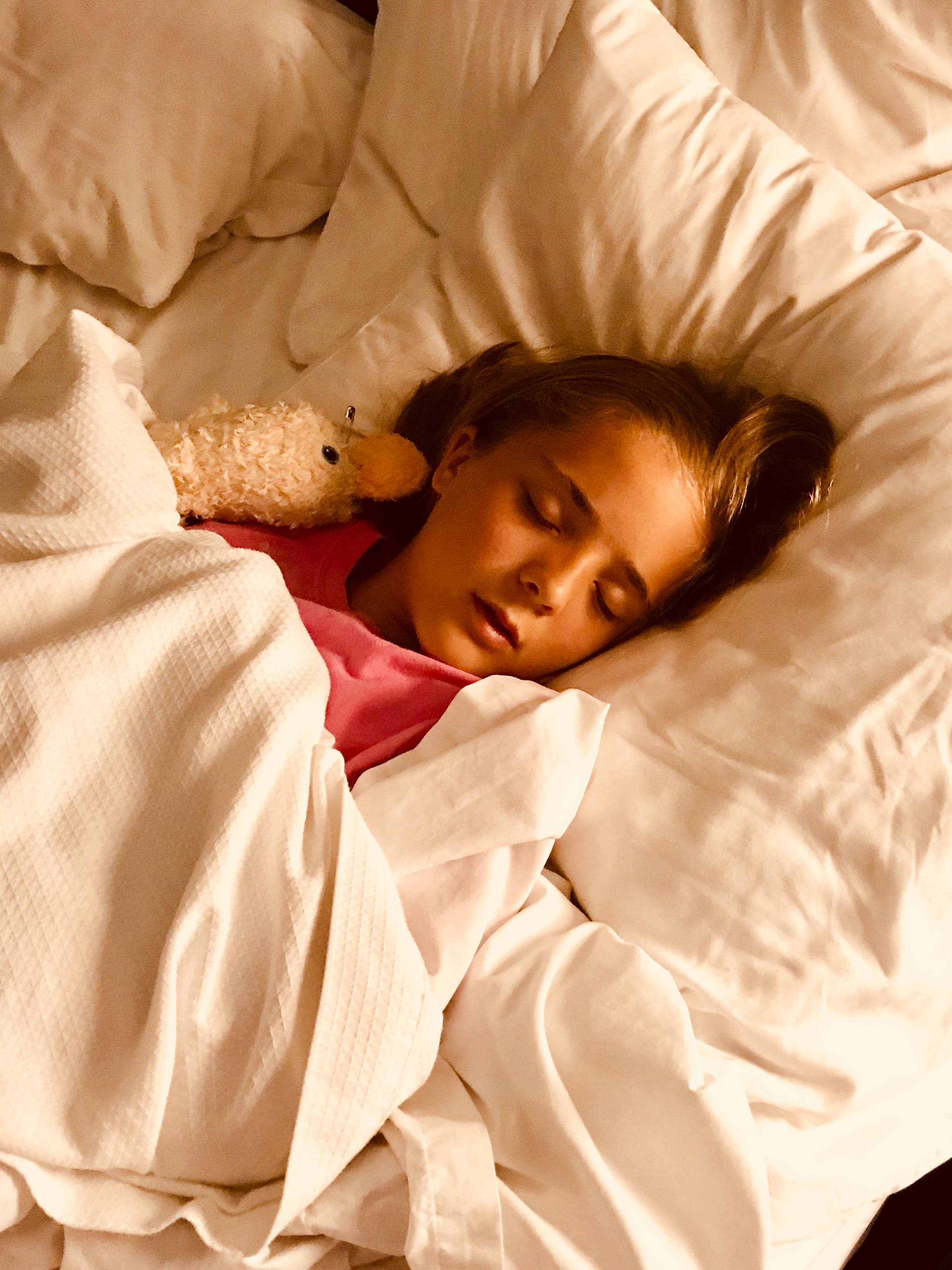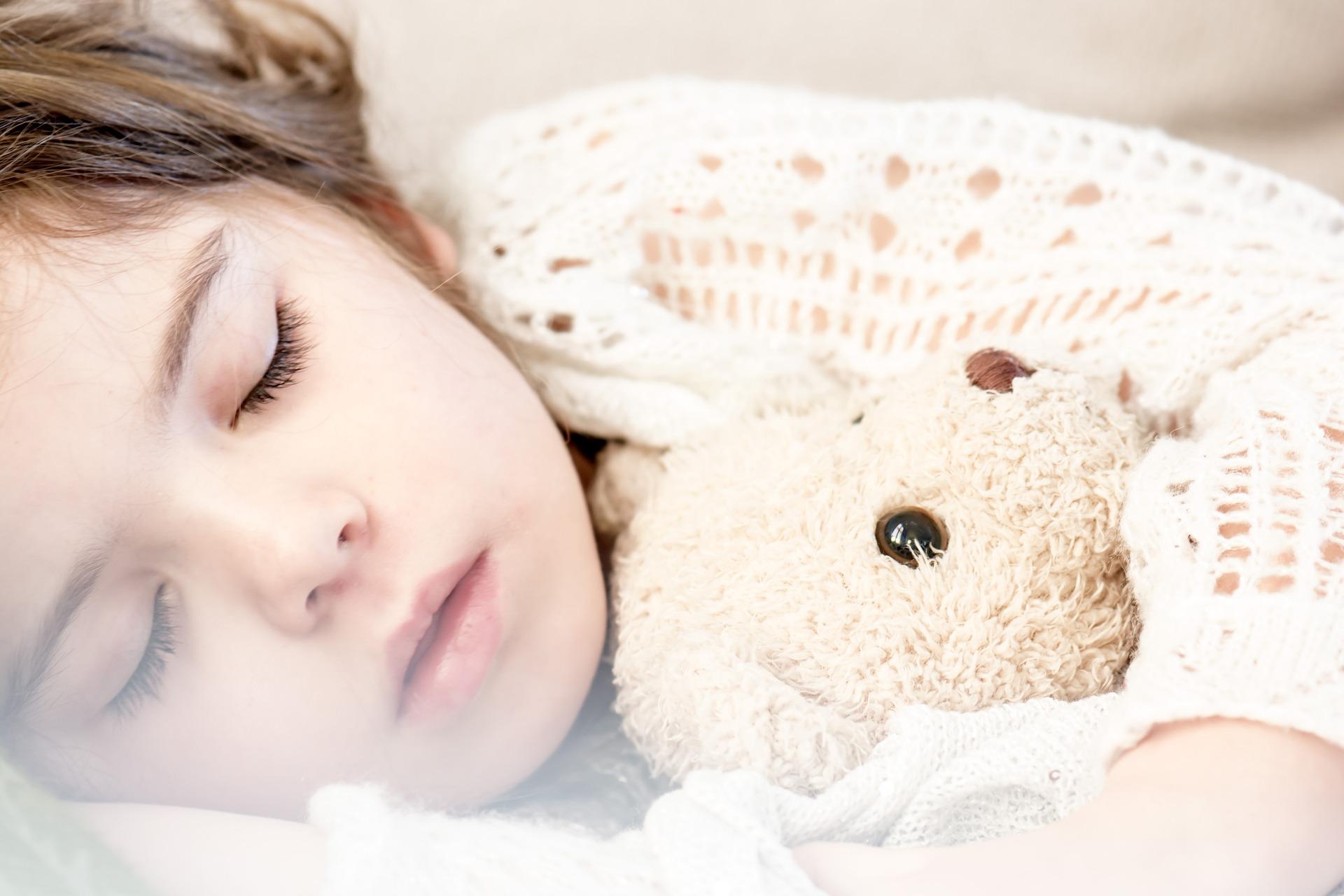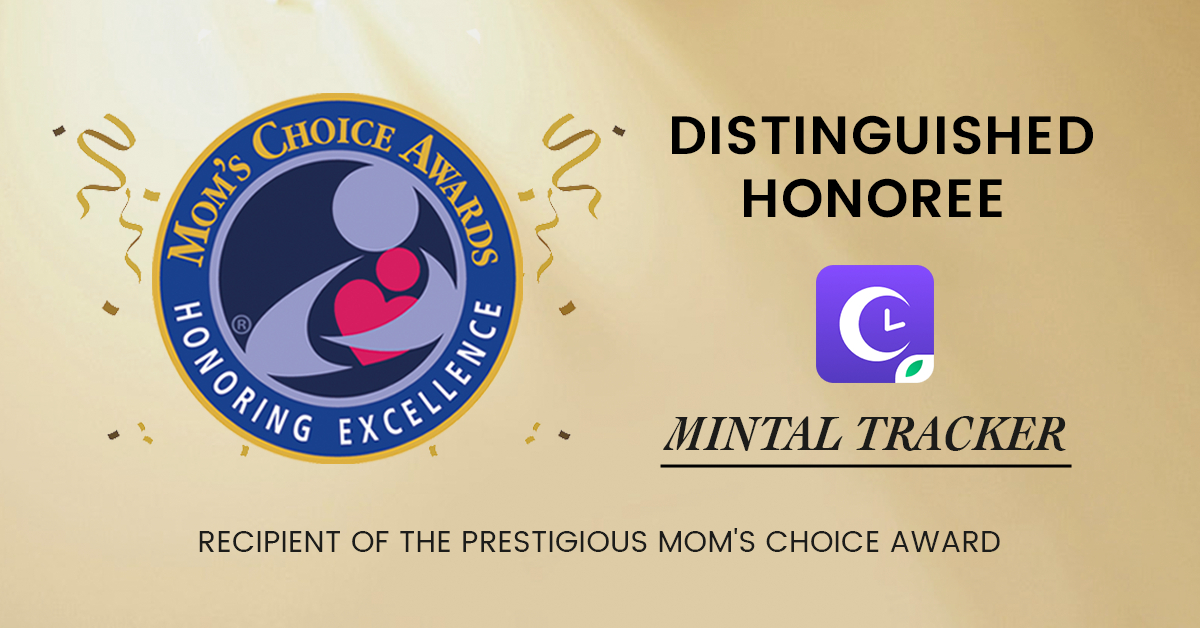Why are you talking in your sleep? Do dreams impact what we say? Is sleep talking a sign of stress? Can it be cured? Here are answers to the most frequently asked questions about sleep talking:
1. What is talking in your sleep?
Sleep talking is when you talk out loud during sleep. A listener may or may not be able to understand what you are saying.
Also known as ‘somniloquy’, sleep talking is a form of parasomnia, a term for undesired behaviors that occur during sleep.
Want to know what you said in your sleep? Download Mintal Tracker APP to track your sleep.

2. Who talks in their sleep?
Children are more likely to talk in their sleep than adults, and there’s some indication that men may sleep talk more than women.
3. Why do you talk in your sleep?
Genetics may contribute to sleep talking. Similarly, people who sleep-walk, experience night terrors or have REM sleep behavior disorder are more likely to be sleep talkers.
4. Should talking in your sleep be treated?
It is recommended that you see a sleep specialist if your sleep talking occurs suddenly as an adult or if it involves intense fear, screaming, or violent actions. You might also consider seeing a doctor if unconscious chatter is interfering with your sleep – or that of your roommates.

5. How can you reduce the amount they sleep talk?
While healthy sleep tips can be adapted to fit an individual’s situation, some of the key ways to enhance sleep hygiene include:
Following a consistent sleep schedule
Avoiding caffeine
Getting regular exposure to daylight
Creating a distraction-free sleep space
Setting up a cozy sleep environment
6. What can I do if my child has night terrors?
One of the main reasons it’s believed that night terrors are more common in children is that their brains are still maturing and they frequently experience deep sleep. Making sure your child isn’t sleep deprived is important. If your child often experiences night terrors, you can try to gently wake the child for a short moment before the time when the night terror typically occurs.
Conclusion
Although talking in your sleep by itself is benign, it may be a symptom of another sleep disorder. If your sleep talking episodes increase in frequency, emerge at an older age, or are accompanied by other symptoms such as limb movements or daytime sleepiness, you should talk to your medical provider.
Want to know more about sleep science? Download Mintal Tracker APP to get more.










